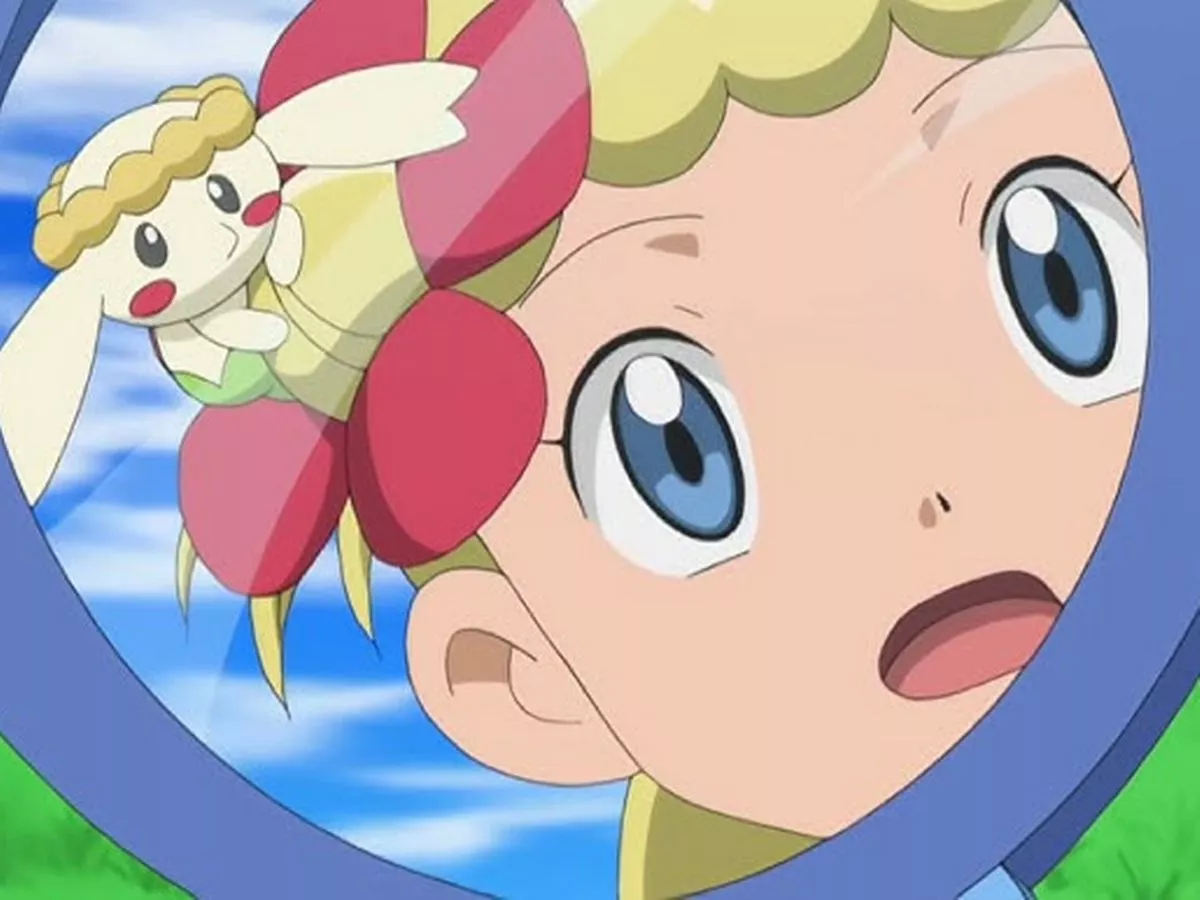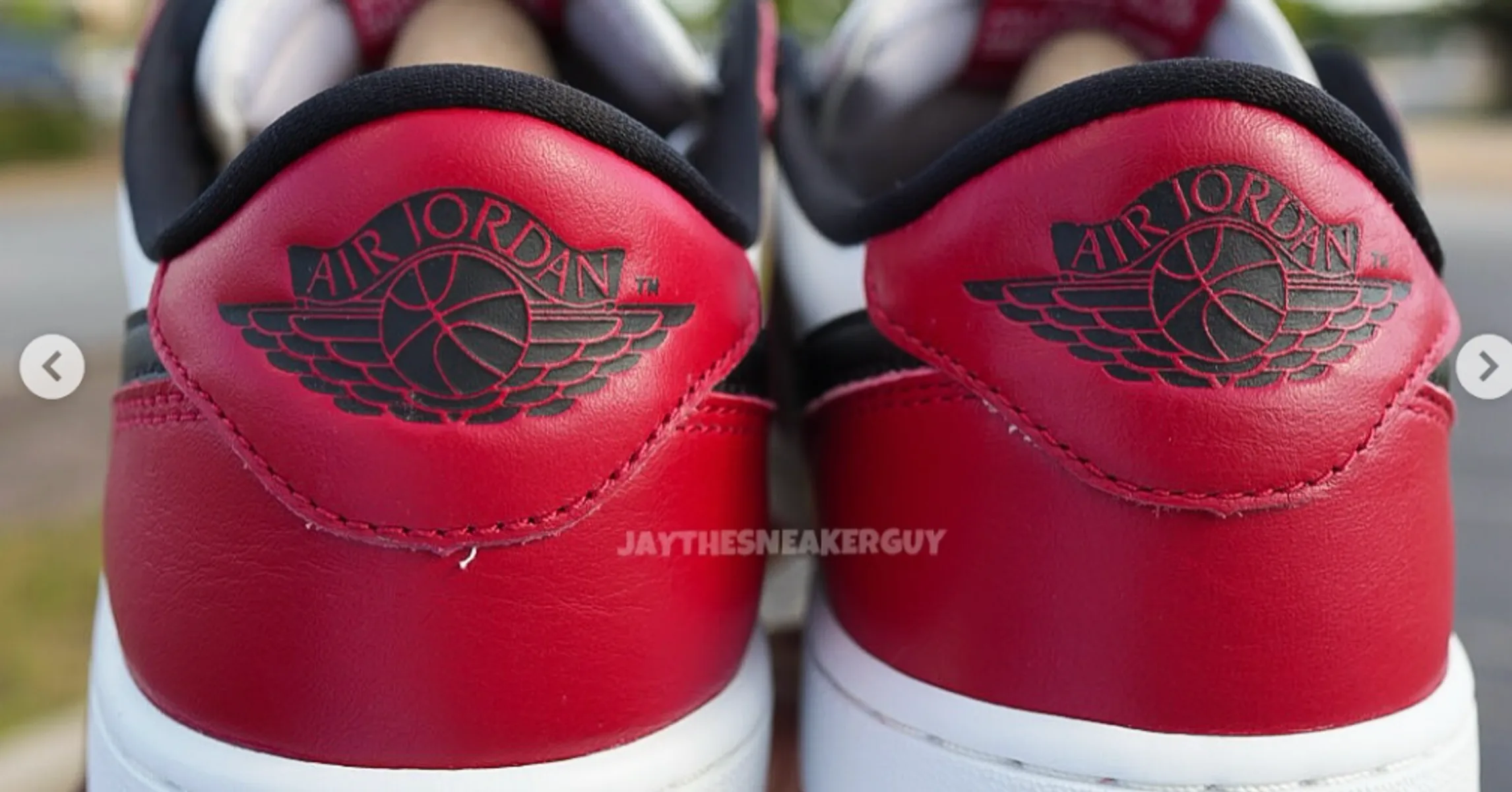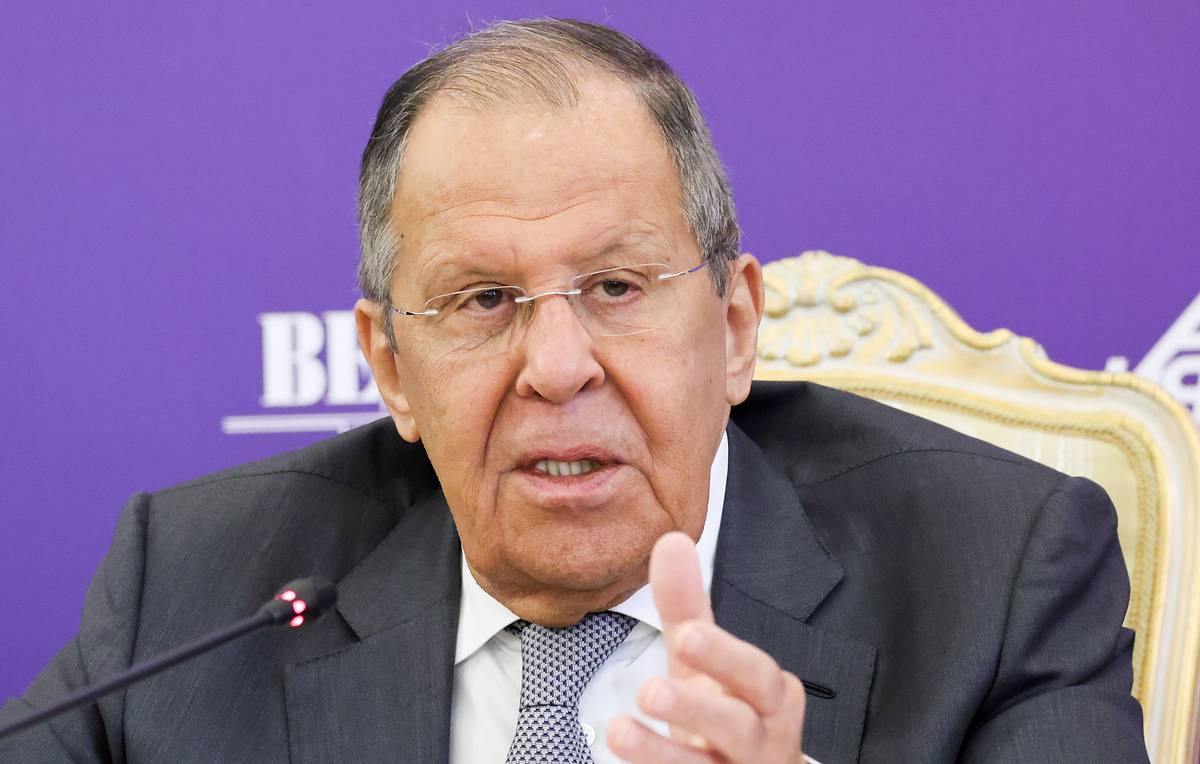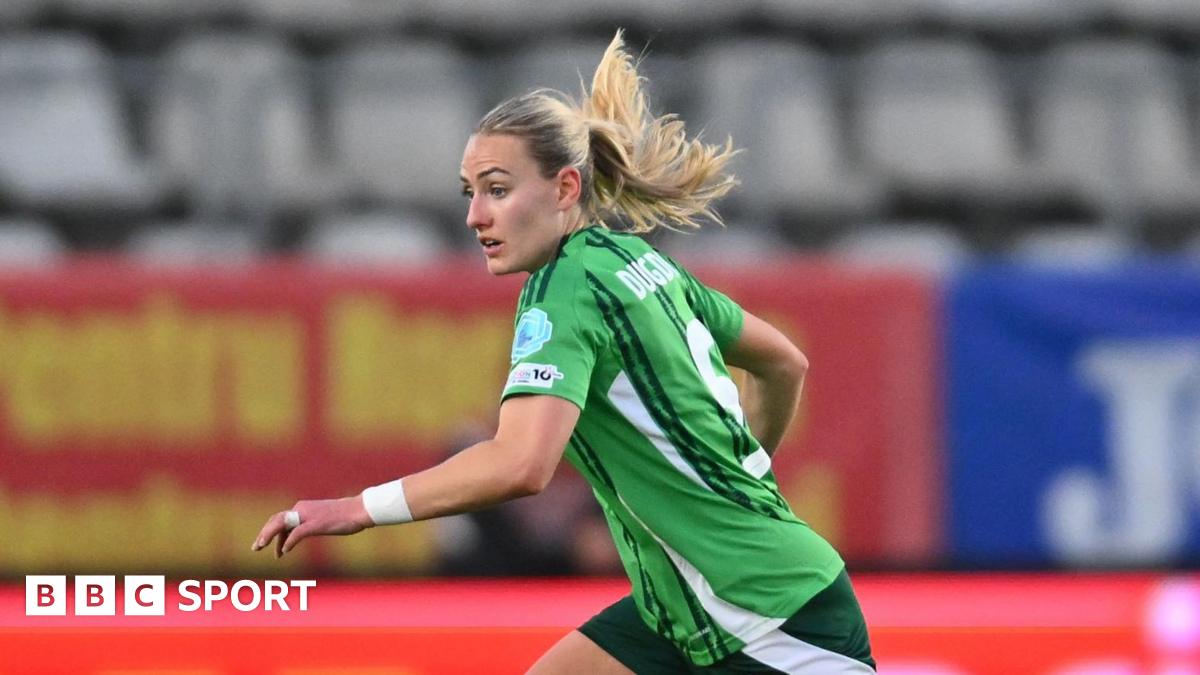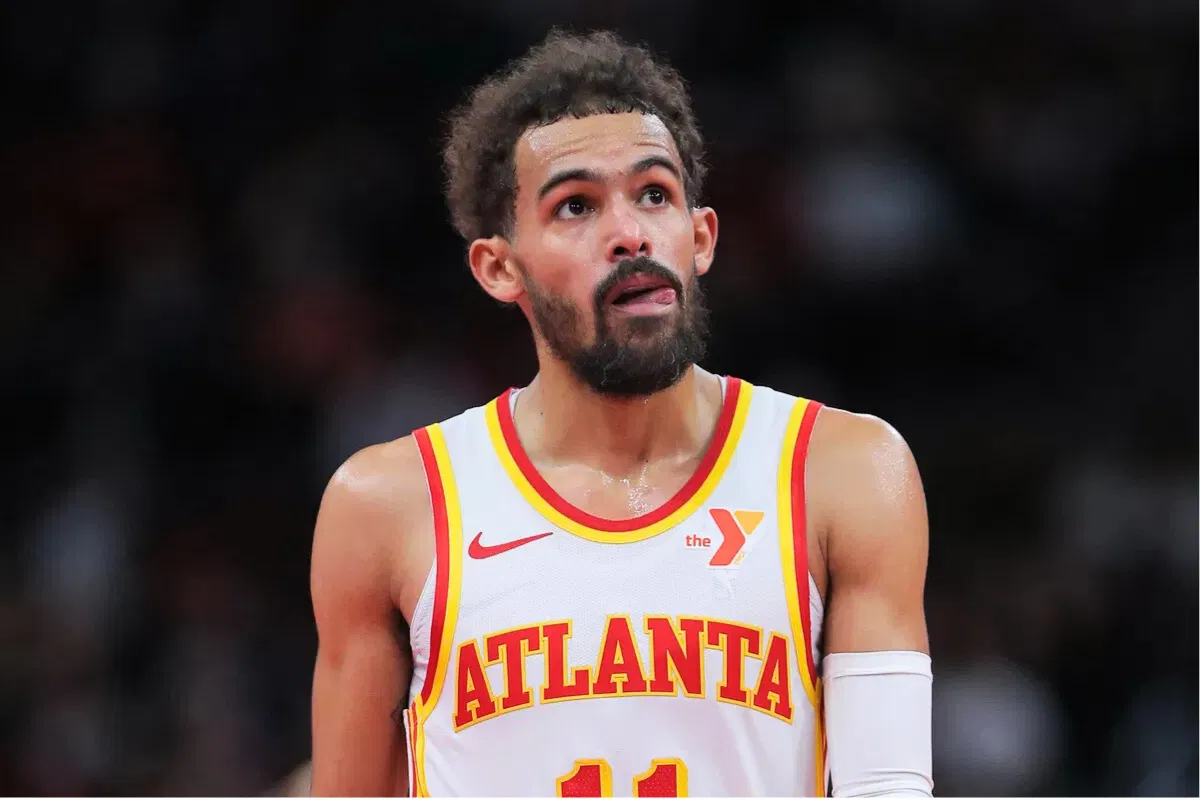
Trae Young has arguably dragged the Hawks into relevance, but relevance won’t cut it forever. Because there are moves a franchise makes when it decides who it wants to be. For the Atlanta Hawks, one question burns hotter than the rest: will they truly build around Young for the long haul? He’s loud with his game, louder with his vision. But the Hawks need definition and commitment. And right now, that commitment may come down to whether the front office is willing to roll big money on one of Trae’s most important running mates.
Sam Vecenie, speaking on the Game Theory Podcast, raised that blunt point. He laid out the simplest logic. If you build around Trae, you pay the teammates who make that happen. “Like I think has to pay it because if you’re going to continue to build around Trey Young, you need this guy,” he said, laying the choice bare. The gist: Trae’s peak window is narrow. If the Hawks want to sprint toward contention, the extension calculus has to happen now. And the “need this guy” in question? Dyson Daniels. But Vecenie raised another unpleasant problem.
“And like, there’s a question as to whether or not they’re going to continue to build around Trey Young, I guess, given that they have not extended him yet. But … I don’t know. Like, you just built this awesome team that you and I are really excited about and think could be a top four team in the East this year.” His tone was urgency mixed with a hint of “don’t blow it.” Split-second reactions, long-term consequences. Vecenie circled back to the dollar math later in the conversation…
ADVERTISEMENT
Article continues below this ad
“Going into the year, I want everybody happy. I want everybody, like, rowing in the same direction. I don’t want Dyson Daniels pis— off because he finished second in defensive player of the year last year and averaged like 14,6 and four and somehow didn’t get an extension… So, yeah, I think this gets done, and I think it’s, like, either four, 115, or it’s like five, you know, 140 is, 145 ish or something.” It’s safe to assume that the warning Vecenie is hinting towards is that the chemistry is fragile, and contract decisions can leak into culture.
A near-five-year, roughly $140–$145 million commitment to Dyson Daniels is an architectural choice. He won the Most Improved award last season. He finished runner-up in DPOY voting. Pay Daniels, and you send a message that Trae’s offense gets a defensive spine. Don’t pay him, and you ask Trae to carry a less complete roster. Which sounds more likely, given the franchise’s recent moves? Everything points back straight to Trae.
ADVERTISEMENT
Article continues below this ad
All Atlanta roads lead to Trae Young
Trae is the simplest, and yet most complicated, variable. And he already commands elite numbers, as he finished the last season with 24.2 points, 3.1 rebounds, and 11.6 assists on 41.1% shooting. What does that mean in practical terms?
Again, it means the Hawks‘ ceiling is intimately tied to the guys who make Trae’s life easier. Daniels provides length, defensive disruption, and steals. He averaged 14.1 points, 5.9 rebounds, 4.4 assists, and 3.0 steals on 49.3% shooting last season. When Trae has a true wing who can switch and recover, defenses pay for it. When he doesn’t, opposing teams clog lanes and dare other Hawks to beat them. Contract talk changes how you build in the short term.
Paying Daniels for five years at a significant number like $145 million buys continuity. It preserves the chemistry Trae thrives in. It also forces Atlanta to be smarter in the margins with draft choices, veteran signings, and minute allocation. There’s one more angle here with Trae’s own timeline.
He sits on a lucrative five-year deal worth almost $215 million already. The team must balance honoring his prime while preserving a flexible roster around him. That balance is delicate. It will decide whether Atlanta tries to add shooters, rim protection, or more defensive wings, as in the 2026-27 season, Young has a player option. So what do the Hawks do?
ADVERTISEMENT
Article continues below this ad
Front office decisions tend to bend in Trae’s direction, from roster tweaks to coaching calls, and this season he’s been more vocal than ever about what the Hawks need to compete. He’s shown real investment in the team’s trajectory, speaking up on locker room dynamics, pushing for cohesion, and making it clear he wants the franchise rowing with him, not against him.
They can pay to keep the supporting cast that makes Trae dangerous. Or they can chase flexibility and risk weakening the things that make Trae special. Either way, Sam Vecenie’s plea is a real one: build around Trae, and bankroll the pieces that let him be Trae. If you’re betting on style, on shot creation, or on tight windows? You pay. If you’re betting on different futures, you gamble in other ways. The Hawks’ choice will tell us which future they want.
